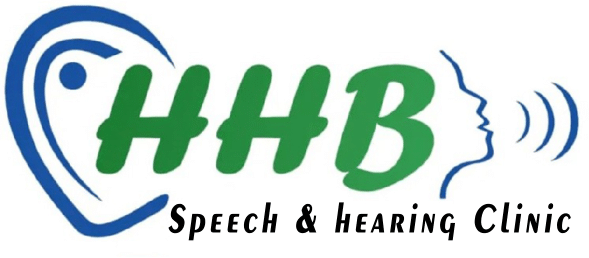Attention-Deficit/Hyperactivity Disorder (ADHD) is a neurodevelopmental disorder characterized by persistent patterns of inattention, hyperactivity, and/or impulsivity that interfere with functioning or development. While often diagnosed in childhood, ADHD frequently persists into adolescence and adulthood, impacting academic performance, career success, relationships, and daily life. Effective management of ADHD typically involves a multifaceted approach, combining medication with various forms of therapy to address the core symptoms and related challenges.
One of the most common and effective therapeutic interventions for ADHD is Behavioral Therapy. For children, this often involves Parent Training in Behavior Management (PTBM), where parents learn strategies to structure their child's environment, establish clear rules and routines, use positive reinforcement (e.g., token economies, reward charts) for desired behaviors, and implement consistent consequences for undesirable ones. This helps improve compliance, reduce disruptive behaviors, and build essential skills. For adults, behavioral therapy focuses on organizational strategies, time management, and developing coping mechanisms for inattention and impulsivity.
Cognitive Behavioral Therapy (CBT) is also widely used, especially for older children, adolescents, and adults with ADHD. CBT helps individuals identify and challenge negative thought patterns and beliefs that contribute to their symptoms (e.g., "I'm always going to fail"). It teaches strategies to improve self-regulation, impulse control, problem-solving, and emotional management. CBT often incorporates organizational skills training and planning techniques.
Other therapeutic approaches include:
- Social Skills Training: For individuals who struggle with social interactions due to ADHD symptoms, this therapy teaches appropriate social cues, conversation skills, and strategies for building and maintaining relationships.
- ADHD Coaching: This is a goal-oriented, collaborative approach that helps individuals develop practical skills for organization, time management, task initiation, and goal attainment. Coaches work with clients to leverage their strengths and overcome specific challenges.
- Dialectical Behavior Therapy (DBT): While primarily used for emotional dysregulation, DBT can be beneficial for individuals with ADHD who struggle with intense emotions and impulsive behaviors. It teaches mindfulness, distress tolerance, emotion regulation, and interpersonal effectiveness skills.
- Family Therapy: This can help family members understand ADHD, improve communication, and develop supportive strategies to manage the impact of ADHD on the family unit.
While medication (stimulants or non-stimulants) is often a key component of ADHD treatment to manage core symptoms, therapy provides essential skills and strategies for long-term adaptation and success. A comprehensive treatment plan for ADHD is tailored to the individual's specific needs, strengths, and challenges, leading to significant improvements in daily functioning and overall quality of life. For families seeking expert ADHD therapy in Tilak Nagar, Neuro Speech Rehabilitation delivers structured and effective interventions. Our therapy focuses on attention-building, impulse control, and executive functioning through a blend of behavioral therapy and occupational techniques. Whether your child struggles at school or home, our holistic ADHD programs offer real, measurable progress.
- ADHD Therapy in Janakpuri
- ADHD Therapy in Uttam Nagar
- ADHD Therapy in Vikaspuri
- ADHD Therapy in Tilak Nagar






